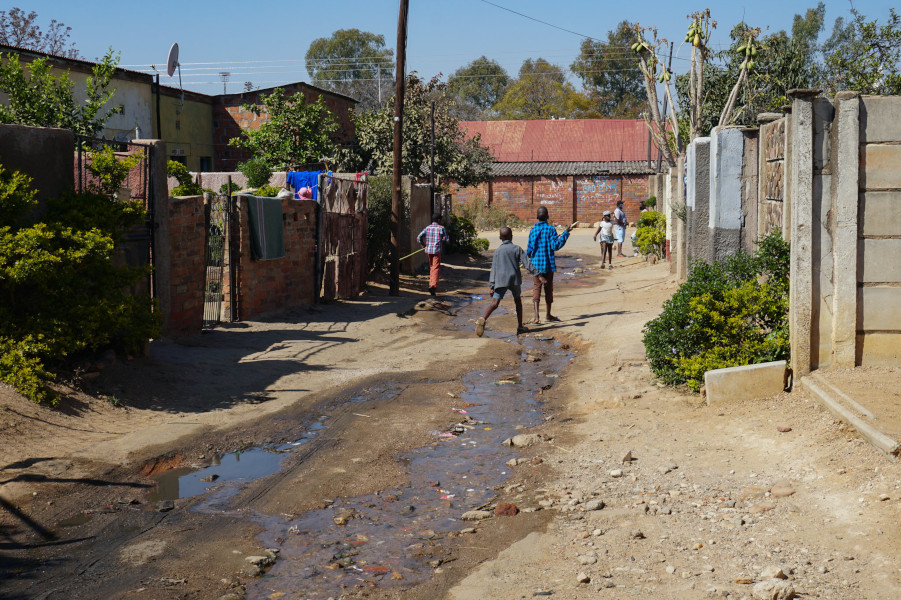Zimbabwe is on high alert for cholera – a waterborne disease from faecal contamination.
Cholera is an acute enteric infection caused by the ingestion of bacterium Vibrio cholerae present in faecally contaminated water or food. It is characterized in its most severe form by a sudden onset of acute watery diarrhoea that can lead to death by severe dehydration. www.afro.who.int/health-topics/cholera
Cholera infection is often mild or without symptoms, but can sometimes be severe. Health experts say about one in ten (5-10%) infected persons will have severe disease characterized by profuse watery diarrhea, vomiting, and leg cramps. In these people, rapid loss of body fluids leads to dehydration and shock. Without treatment, death can occur within hours. The disease can spread rapidly in areas with inadequate treatment of sewage and drinking water. The disease is not likely to spread directly from one person to another; therefore, casual contact with an infected person is not a risk for becoming ill.
Cholera outbreaks have become more frequent in Zimbabwe since the early 1990s. While the disease has been largely kept under control through intensified prevention and preparedness activities, large outbreaks occurred in 1999, 2002 and 2008. A localized outbreak happened in 2017 (in the Chegutu area). The 2008 outbreak spread throughout the country’s ten provinces affecting more than 90,000 and caused more than 4 000 deaths. https://www.cdc.gov/cholera/general/index.html.
However with a sewage system in a state of disrepair and erratic supply of potable water in most urban centres, the danger of cholera is always looming in Zimbabwe.
Prevention of cholera
Measures for the prevention of cholera include:
- provision of clean water and sanitation services.
- Health education and good food hygiene.
- basic hygienic behaviour, including hand-washing with soap after defecation and before handling food or eating, as well as safe preparation and conservation of food. http://www.who.int/cholera/technical/prevention/control/en/
Treatment of cholera
Cholera is treated by rehydration which may consist of an oral rehydration solution (ORS) or an intravenously administered solution.
Antibiotic treatment, which reduces fluid requirements and duration of illness, is recommended for severe cases.
Factsheet compiled by Ish Mafundikwa, freelance journalist and media consultant.
Sources: Ministry of Health and Child Care; World Health Organisation (WHO)
Related Content:
Factsheet: Cholera in Zimbabwe
Factsheet: Typhoid in Zimbabwe
Do you want to use our content? Click Here












